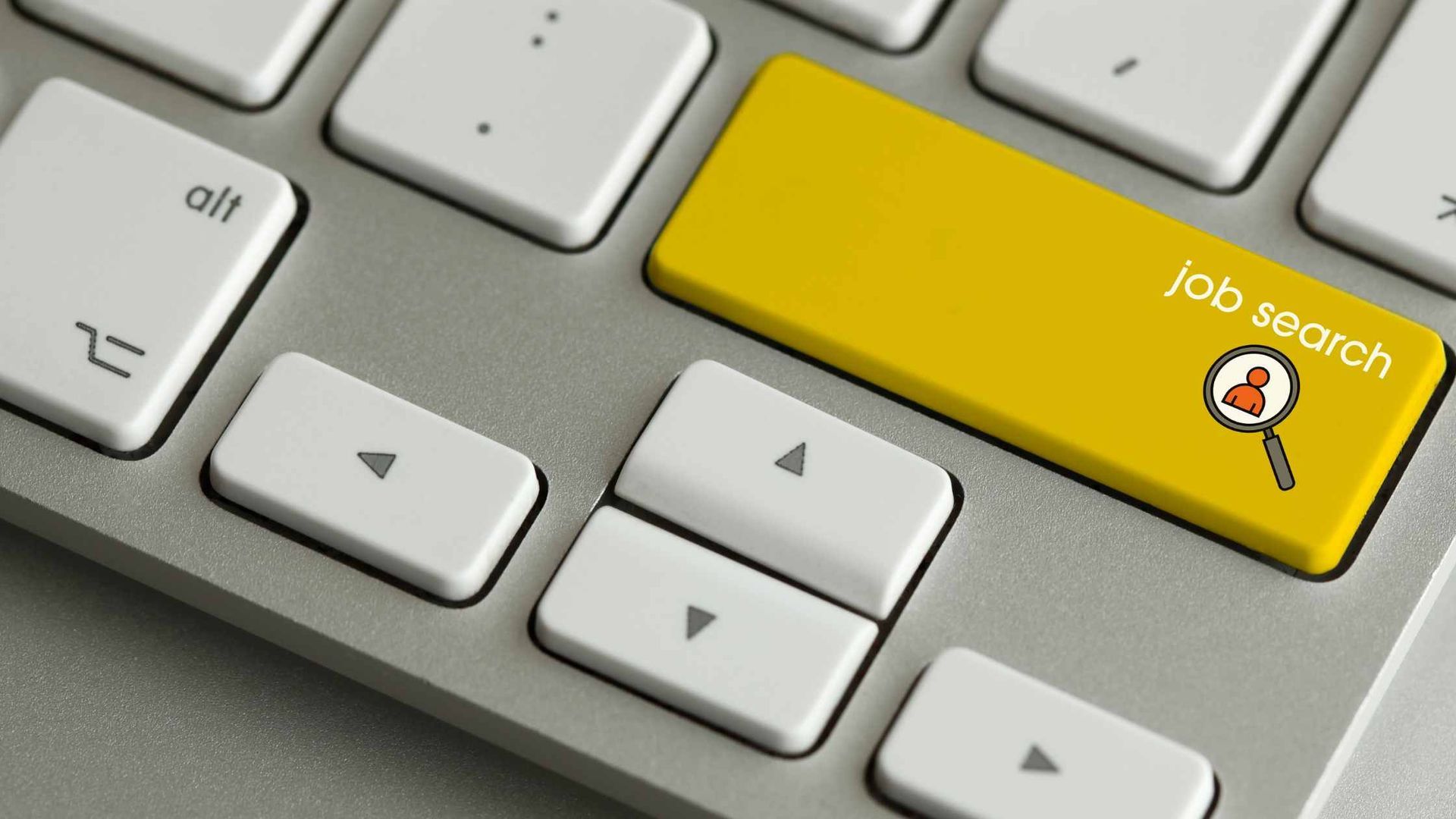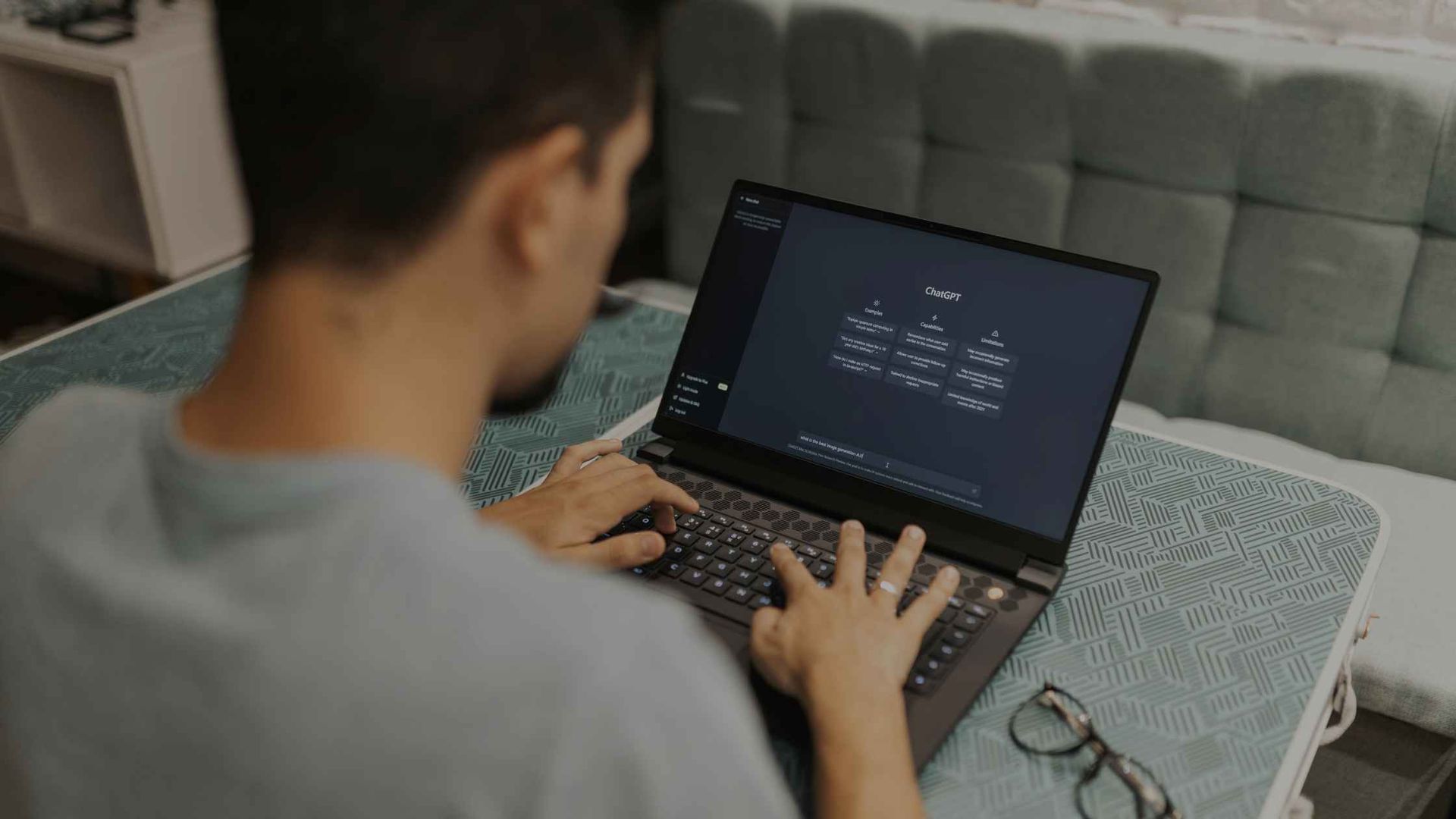Rethinking Talent Strategy in an AI-Evolving Workplace
Artificial intelligence is no longer the future — it’s the present. But while headlines often predict widespread job loss and automation replacing entire industries, the real story is more nuanced. AI isn’t eliminating jobs wholesale — it’s reshaping them.
For employers, this evolution presents both challenges and opportunities. The key to staying competitive in 2025 and beyond is understanding how AI is changing the nature of work — and how your hiring strategies need to evolve with it.
AI Is Transforming Jobs, Not Replacing Them
The narrative that AI is a job killer has been overstated. While automation may displace some repetitive tasks, most roles are being augmented — not eliminated.
🔎 According to the World Economic Forum’s Future of Jobs Report (2023):
- AI will create 69 million new jobs globally by 2027, while 83 million may be displaced, resulting in a net shift, not a total loss.
- Jobs seeing the most growth include AI and machine learning specialists, sustainability experts, and data analysts — but also roles like business development professionals and customer service workers, reflecting human-AI collaboration.
In Life Sciences, for example, AI is accelerating drug discovery — not replacing scientists. In Financial Services, it’s streamlining risk analysis — not eliminating compliance roles. And in Technology, AI is helping developers write code faster — not writing the code alone.
How AI Is Reshaping Roles
AI is transforming how people work, not just what they do. Here's how it's impacting day-to-day tasks and skill sets:
1. From Routine to Strategic
AI handles repetitive tasks (data entry, scheduling, reporting), freeing employees to focus on higher-value work like strategic decision-making, creative thinking, or client relationship management.
2. Increased Demand for ‘Fusion Skills’
Skills like critical thinking, adaptability, communication, and tech literacy are becoming more important than ever. These “human” skills complement AI capabilities and are essential in navigating complex problems and decisions.
- LinkedIn’s 2024 Future of Skills Report notes that roles combining human skills with AI knowledge are growing 2.5x faster than others.
3. Roles Are Blurring
Job functions are becoming more hybrid as AI tools become part of everyday workflows. Data literacy, digital collaboration, and ethical tech awareness are increasingly expected across traditionally non-technical roles. For example, engineers are now working alongside AI systems and must consider transparency and bias. In Life Sciences, regulatory affairs and clinical operations professionals are integrating digital health platforms, while HR and finance teams are adopting automation to streamline decision-making. The boundaries between job categories are softening — and that requires adaptable talent.
What Employers Need to Do in 2025
To keep up with this evolution, employers must rethink how they attract, assess, and retain talent.
✅ Hire for Adaptability, Not Just Experience
Rather than hiring strictly for technical credentials and past performance, look for candidates who show curiosity, adaptability, problem-solving skills, and a willingness to upskill. Many roles will evolve on the job, and those who can learn quickly and collaborate across functions will bring the most long-term value.
✅ Integrate AI into Job Design
Start evaluating how AI can support — not replace — your existing teams. Redesign roles to leverage AI for productivity, without removing human oversight. This creates better engagement and more sustainable performance.
✅ Invest in Cross-Functional Upskilling
It’s not just about teaching teams to use new tools — it’s about helping them understand how AI fits into workflows, decisions, and outcomes. Provide regular, role-relevant training that supports employees as their jobs evolve.
✅ Foster Collaboration Between Humans and AI
AI should augment human capabilities, not replace them. Help teams understand how to use AI tools as co-pilots — streamlining admin, accelerating analysis, or improving decision-making — while maintaining a human-centric approach to leadership, innovation, and ethics.
✅ Support Ethical and Transparent Use of AI
Establish clear guidelines around how AI is used internally — from hiring to operations. Be transparent with candidates and employees. Communicate what’s automated, what’s not, and how decisions are made. This builds trust and helps future-proof your brand.
✅ Create a Culture of Experimentation — With Guardrails
Encourage curiosity, innovation, and responsible risk-taking when it comes to using AI tools. But balance this with governance: set clear data policies, ethical frameworks, and role-specific boundaries to avoid misuse while enabling innovation.
✅ Rethink How You Assess Skills
Traditional CVs and interview questions may not capture a candidate’s full potential in an AI-powered workplace. Skills-based assessments, scenario-based interviews, and case studies are more effective at identifying hybrid capabilities.
✅ Work With Strategic Partners Who Understand the Shift
You don’t need to navigate this change alone. Partnering with recruiters, talent strategists, or learning providers who understand how AI is reshaping your industry — whether that’s Life Sciences, Technology, or Financial Services — can help you stay competitive and future-ready. Whether you’re scaling up or redefining roles, the right partnerships can accelerate smart hiring and upskilling.
Looking Ahead: The Human-AI Workforce
Rather than replace workers, AI is creating a more collaborative environment where technology and human intelligence work hand in hand. For employers, success in 2025 and beyond depends on:
- Understanding where AI adds value
- Redesigning roles to focus on human strengths
- Attracting professionals who can evolve with the tech
Those who view AI as an enabler — not a disruptor — will build more resilient, innovative teams.
Partner With Mason Alexander to Build Your Future-Ready Team
At Mason Alexander, we help companies across Technology, Life Sciences, Financial Services, and Legal sectors stay ahead of workforce trends.
We understand how AI is reshaping hiring — and how to help you adapt.
From strategic hiring support to market insights and employer branding, we partner with you to attract and retain the talent that drives innovation.
Talk to our
AI Recruitment Experts about building your future-ready team.




